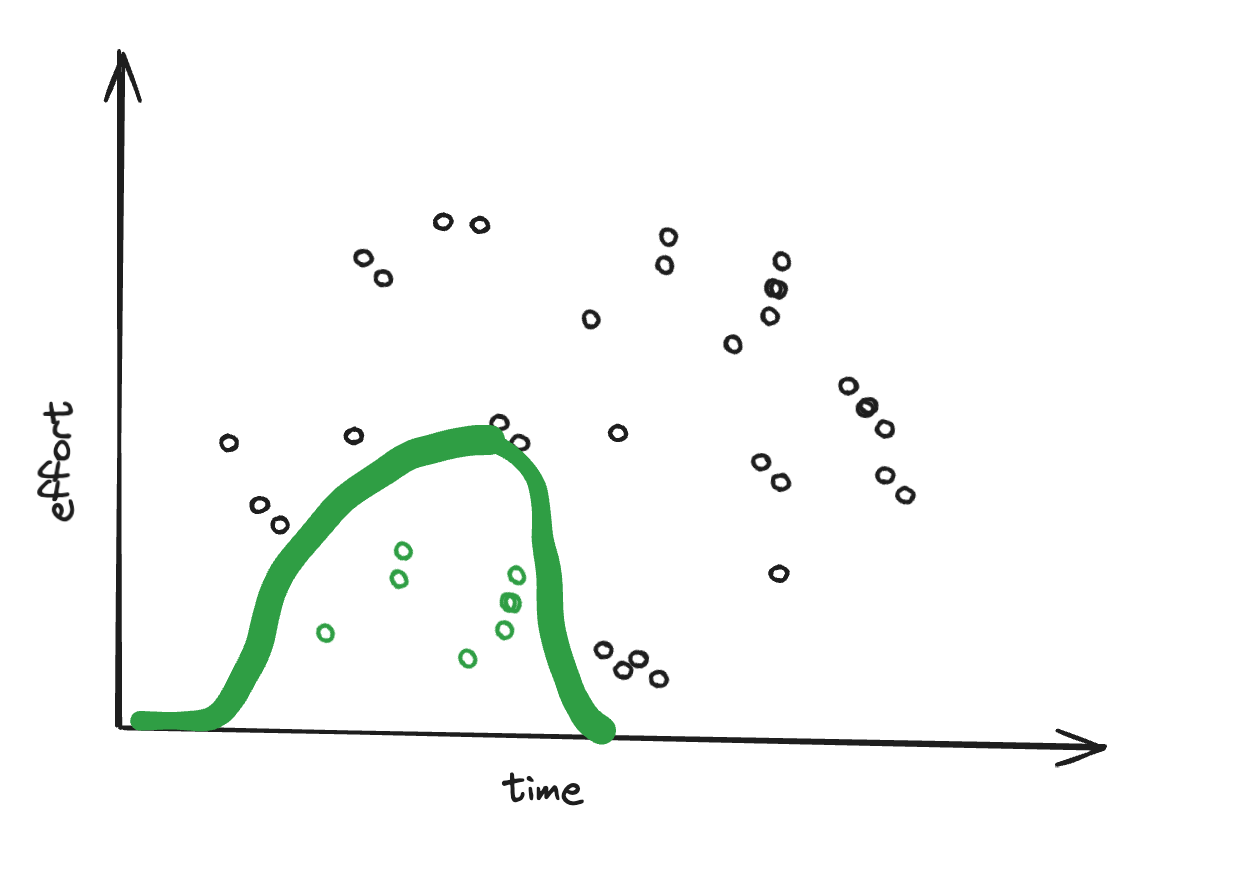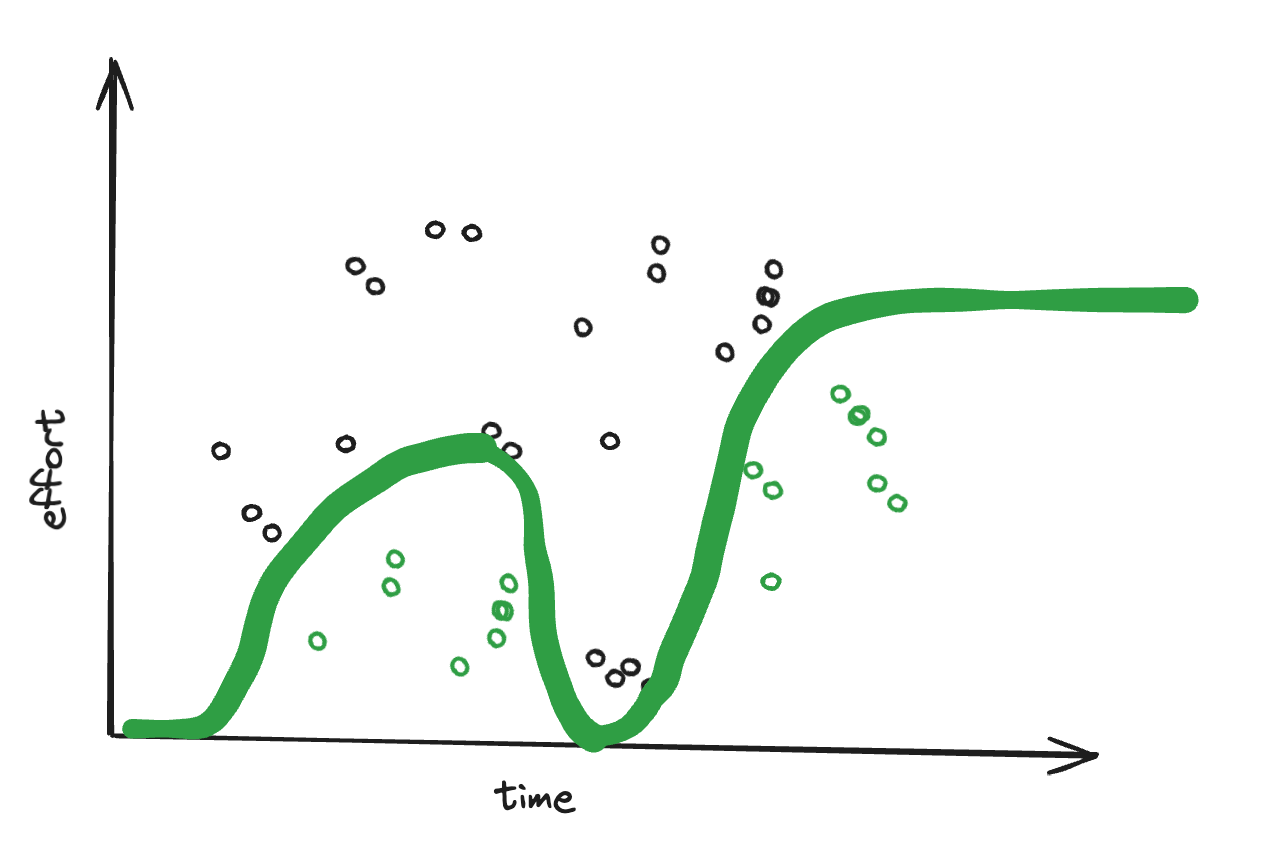2024W21: Success is just a question of time
Edu on vaid aja küsimus
From conference to conference
The last two weeks must have been the most intense period of socializing in…a long while.
After recovering from the Polyglot Gathering in Prague, this week was dominated by Latitude59, Tallinn’s annual startup conference.
I had been to the afterparty’s afterparty (yes, there are two - the latter one being somewhat open to the public) two years in a row and – as a newly minted business owner – decided to attend the conference proper this year.
Given my general state of tiredness and the beautiful weather in Tallinn, I wasn’t inclined to visit the conference when the time came.
What helped me go in the end: reminding myself of the ticket price 😅
Luckily I did go - it was an extremely relaxed atmosphere to talk to all kinds of interesting people.
Hunting Hungarians
The thing I enjoy the most about learning languages that few people bother learning is the “wow” effect you can have on native speakers.
There is nothing more motivating to keep learning than the genuine appreciation shown by Estonians, Hungarians, and all other speakers of rarely-learned languages when you can converse with them in their language.
Knowing this, I made a point of talking to everyone at the conference with a Hungarian-sounding name and talking to them in Hungarian.
I wasn’t disappointed - besides this being good practice, it also brought smiles to many faces.
Finding luck
The “afterparty afterparty” had the biggest impact on me though - just as I was about to leave, I ended up in an extremely interesting conversation with an extremely interesting person.
Besides being a pleasure to be around in general, Louwai shared his model for “getting lucky” with me.
What a find!
Here is how he explained it: imagine your life on a two-dimensional graph. The x-axis is time, the y-axis is the effort you spend on something.
On this graph you have points, representing the “wins” in your given endeavor.
If you operate in a mature field, there aren’t many possible wins and/or they require high effort.
So to be lucky, you need to choose a field that still has many available wins:
Now, over time you are going to execute your project, capturing some of these wins:
Sometimes you will face setbacks:
But if you keep executing, you are guaranteed to collect enough wins to make a difference:
Success is just a question of time
That’s the reason why I like this model: it explains “getting lucky” in a way that allows you to act on it.
The important questions to ask yourself are:
Am I even playing the right game (i.e. are there enough wins distributed within areas that I can reach)?
Am I putting in enough effort?
Am persistent enough?
The first question is the critical one to answer because being persistent and putting in a lot of effort when you are operating in a field with few available wins is a recipe for burnout.
But if you have clearly answered that question with a “yes”, then it’s easy to answer the other questions.
So if you are not successful now, but playing the right game, then ramp up the effort you are putting into this and keep at it.
It’s just a question of time.
Personally, I find this idea really exciting because it means anyone can be successful as long as they choose their field wisely.
As for me, I feel like I’m onto something with the “make hard languages easy” thing, playing on a field where most wins are still to be had.
So now it’s time to put in more effort.
And time.
See you next week!








